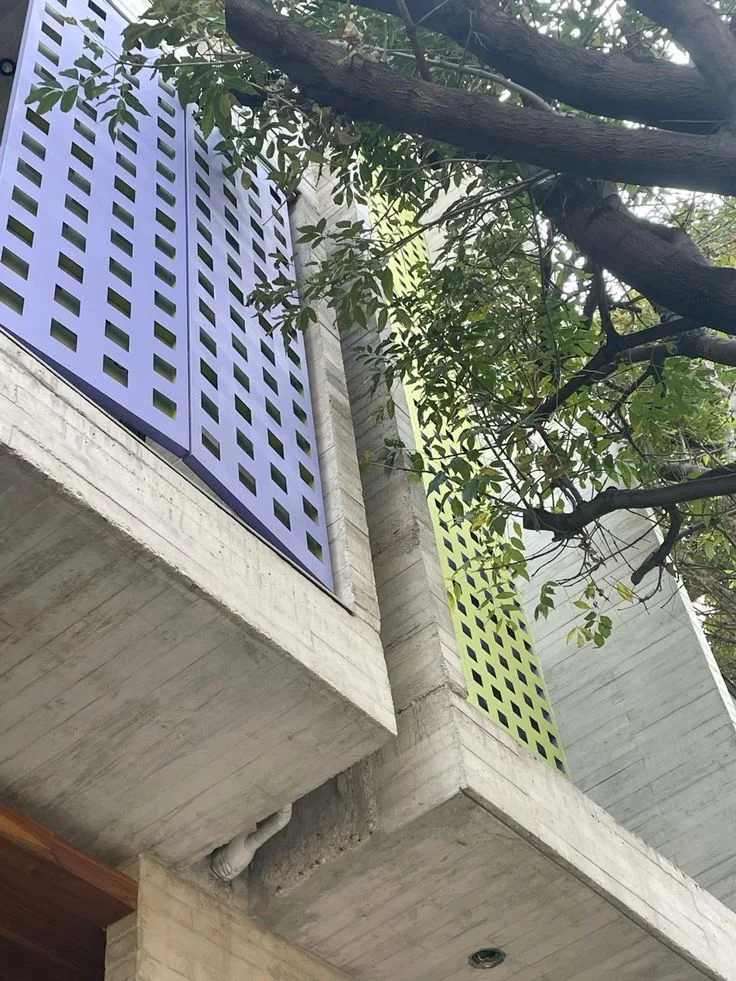Why the Stars Disappearing in Mexico City Actually Spark Hope
Okay, folks, buckle up, because I've been diving deep into something that, on the surface, sounds like a total bummer: the disappearing stars in Mexico City. I know, I know – light pollution, urban sprawl, another sign of humanity messing things up, right? But stick with me, because I think there’s a much bigger, brighter story here.
See, I stumbled across this article talking about how Mexico City's night sky is so choked with artificial light that you can't even see the Milky Way anymore. A researcher, Omar López-Cruz, calls it a "peculiar place" for an astronomer, saying all the billboards and buildings have "suffocated the stars." And it's not just about stargazing; it's messing with bird migration, disrupting sleep cycles, and generally throwing the whole ecosystem out of whack. You can read more about why this is happening in this article: Why are there no stars in Mexico City’s night sky?
A City That's Fighting Back the Dark
But here's where it gets interesting. This isn't just some helpless slide into darkness. Mexico City is fighting back. Back in 2022, they actually passed a law to combat light pollution! Think about that for a second. A major metropolis, one of the biggest in the world, is actively trying to reclaim its night sky. It's like a modern-day David taking on the Goliath of urban development. What does this mean for us? It’s a recognition that our cities don’t have to be these glowing, energy-wasting behemoths. We can have both progress and a connection to the natural world.
López-Cruz draws an analogy to the sun, explaining that the intensity of artificial light in Mexico City is so great that it's impossible to see the stars at night. "When you go out during the day, you see that the Sun is illuminating the atmosphere." Because the Sun’s intensity is so great, it’s impossible to see the stars during the day. But what if we could dim our “artificial suns” just enough to let the stars shine through?
This reminds me of the shift from whale oil lamps to electric lights in the 19th century. People worried about the cost, the safety, the disruption to their way of life. But ultimately, electricity revolutionized everything. And now, we're at another turning point. We can choose to continue down the path of ever-brighter, ever-more-polluting lighting, or we can embrace smart, sustainable solutions that bring back the night.
And it's not just about Mexico City. This is a global issue. As the article points out, most major capitals suffer from light pollution. But if one of the world's largest cities can take a stand, it sets a powerful precedent. It shows that it's possible to reverse course, to prioritize the environment and the well-being of its citizens.

Now, I know what some of you are thinking: "Okay, Aris, that's great, but what can I do about it?" Well, for starters, you can support initiatives like the one in Mexico City. You can demand that your local government invest in smart lighting solutions. You can even make small changes in your own life, like turning off unnecessary lights at night.
Of course, there are challenges. Retrofitting existing infrastructure is expensive. Changing people's habits takes time. And there will always be those who argue that economic growth is more important than environmental protection. But I believe that we can have both. We can create cities that are vibrant and prosperous and sustainable.
And let's not forget the ethical dimension here. As we develop new technologies to combat light pollution, we need to ensure that they are accessible to everyone, not just the wealthy. We need to be mindful of the potential impacts on marginalized communities. And we need to engage in open and honest conversations about the trade-offs involved.
But the potential benefits are enormous. Imagine a world where our cities are once again filled with the wonder of the night sky. Where children can look up and see the Milky Way in all its glory. Where we can reconnect with the natural rhythms of the planet.
When I first read about Mexico City's fight against light pollution, I honestly just felt a surge of optimism. This isn't just about saving the stars; it's about saving ourselves. It's about creating a future where humanity and nature can coexist in harmony.
A Glimmer of Hope in the Dark
This isn’t just about Mexico City; it's a sign that we, as a global community, are starting to wake up and realize that we can shape our environment for the better. It’s a recognition that progress doesn’t have to come at the expense of nature. It's a testament to the power of human ingenuity and our capacity to create a brighter, more sustainable future—literally and figuratively.
